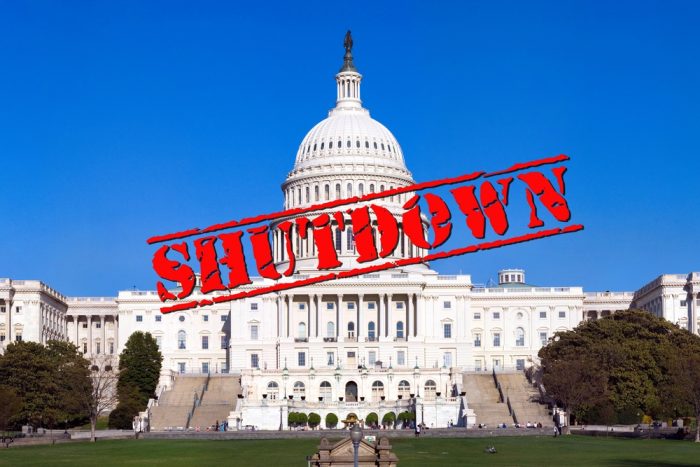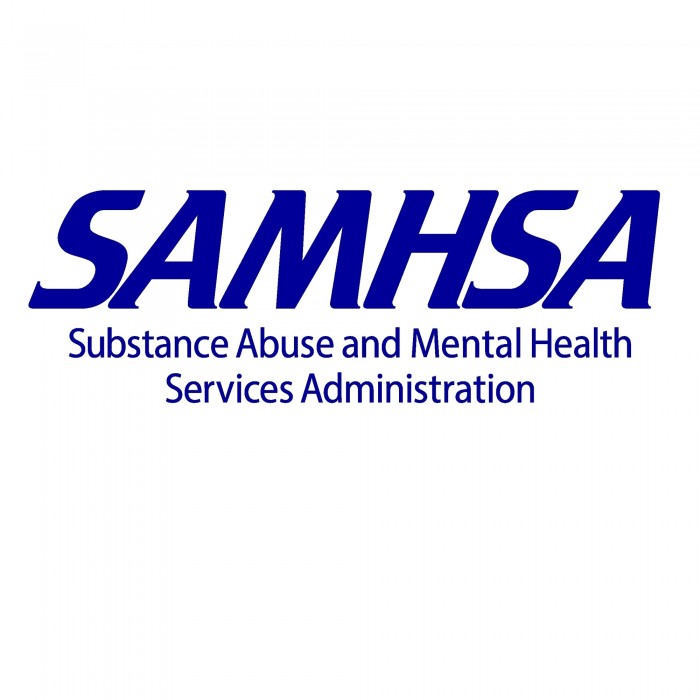samhsa
SAMHSA Terminates $2 Billion in MH, SUD Grants; National Council Seeking Information From Those Affected
National Council Issues Update on Federal Shutdown as Day 24 Arrives
SAMHSA Awards RCPA Member Merakey $2M for Pilot Program to Expand Certified Community BH Clinic Services
RCPA Shares Information on Impacts of Federal Government Shutdown
PA to Receive $83 Million in State Opioid Response Funding
Pennsylvania will receive more than $83 million from the Substance Abuse and Mental Health Services Administration (SAMHSA) in State Opioid Response (SOR) grant funding, which provides critical resources to states and Tribal communities to address the overdose crisis through prevention, opioid overdose reversal medications, treatment (including medications for opioid use disorder [MOUD]) and recovery support. On Monday, the U.S. Department of Health and Human Services (HHS), through SAMHSA, announced a total allocation of more than $1.5 billion in Fiscal Year 2025 continuation funding for SOR and Tribal Opioid Response (TOR) grants, with $1.48 billion committed to SOR and nearly $63 million committed to TOR.
This most recent round of funding is the second year of the three-year SOR IV grant cycle, which began October 1, 2024, and runs through September 30, 2027. The Pennsylvania Department of Drug and Alcohol Programs (DDAP) manages and distributes SOR funding, which comprises a significant percentage of DDAP’s annual budget.
Since the SOR program began in 2018, states report that nearly 1.3 million people have received treatment services, including more than 650,000 who received MOUD. Through the SOR program, nearly 1.5 million people have received recovery support services. SAMHSA grantees reported distributing more than 10 million opioid overdose reversal kits, with opioid overdose reversal medications being used to reverse more than 550,000 overdoses. Since the TOR program began in 2018, Tribes report that approximately 16,500 patients have received treatment services, and SAMHSA grantees reported distributing more than 116,500 naloxone kits, with opioid reversal medications being used to reverse more than 1,750 overdoses.
Public Comment Sought On SUPTRS Block Grant Application
The Pennsylvania Department of Drug and Alcohol Programs (DDAP) is providing the opportunity for public comment on the Pennsylvania Substance Use Prevention, Treatment, and Recovery Services (SUPTRS) Block Grant application. This application will occur in three parts:
- Substance Abuse Prevention and Treatment Assessment and Plan
- SUPTRS Report (available in November)
- Annual Synar Report (available in December)
The application documents can be accessed through SAMHSA’s Web Block Grant Application System (WebBGAS) using the login “citizenpa” and password “citizen.”
Please submit your comments by Tuesday, September 30.
National Council Shares SAMHSA’s Strategic Priorities
DDAP to Kick Off Recovery Month on Sept. 6; Other Events Planned Throughout September
September is National Recovery Month. The Substance Abuse and Mental Health Services Administration (SAMHSA) established National Recovery Month in 1989 to promote evidence-based treatment and recovery practices. It also celebrates the nation’s vibrant recovery community and honors all those who help make recovery possible. In addition, National Recovery Month plays a vital role in fostering understanding and driving positive change in the fields of addiction and mental health.
As part of its celebration of Recovery Month, the Pennsylvania Department of Drug and Alcohol Programs (DDAP) is lifting up the voices of people in recovery, their loved ones, and those working in the field. If you are in recovery, love someone who is, or work in the field, you are encouraged to share your story of hope, encouragement, or inspiration. Responses will be featured throughout September — and beyond — on DDAP’s social media channels.
DDAP will officially kick off Recovery Month at 12:00 pm on Saturday, September 6, with “Recovery Out Loud” at City Island in Harrisburg, featuring an afternoon of community, music, and inspiration.
In addition, DDAP and the Pennsylvania Department of Conservation and Natural Resources have announced their second annual Recovery in Nature sites within Pennsylvania’s state park system. The initiative will run throughout the month of September in conjunction with National Recovery Month. Recovery in Nature is designed to remind Pennsylvanians of the healing power of nature — particularly for individuals in recovery from a substance use disorder (SUD) — and encourage all Pennsylvanians to take advantage of trails and waterways throughout the Commonwealth’s state parks.
Lastly, DDAP will close out Recovery Month with “Recovery in Reach,” the Department’s Recovery Month Wellness & Resource Fair — a morning focused on connection and healing. Join DDAP at Soldier’s Grove in Harrisburg for wellness activities, helpful resources, and a celebration of support.
Visit DDAP’s website for a list of Recovery Month events happening across the Commonwealth.
SAMHSA Announces $43M in Supplemental Funding to Support Youth Recovery Housing Services
The Substance Abuse and Mental Health Services Administration (SAMHSA) has announced $43 million in new supplemental funding available to State Opioid Response program grantees to expand recovery housing services for young adults, ages 18–24.
This one-year supplemental funding requires grant recipients to develop and/or expand recovery housing services for young adults with opioid or stimulant use disorders. States and territories that accept the supplemental funding will also be able to provide treatment, including family-based treatment, provide dedicated care coordinators to assist in navigating various service sectors, and provide individuals with a range of recovery support services, such as coaching, vocational training, employment support, transportation, childcare, and more.
The current SOR formula will be used to calculate the award amounts for all 50 states.
More information is available on SAMHSA’s website.
















